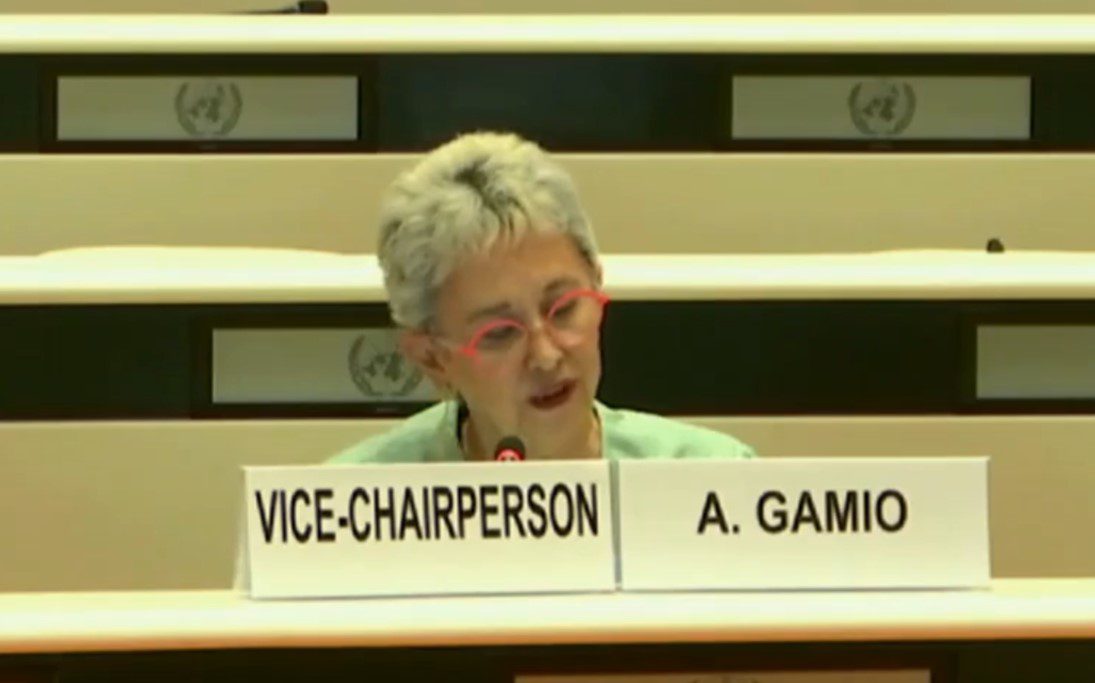Global Urgency: How Much Longer Will People with Disabilities Wait for the CRPD to be implemented?
Global Urgency: How Much Longer Will People with Disabilities Wait for the CRPD to be implemented?
Blog Article

In a poignant address on 28 August at the United Nations headquarters in Geneva, Dr. Amalia Gamio, Vice-Chair of the Committee on the Rights of Persons with Disabilities, spotlighted a disconcerting reality: the continued neglect of crucial deinstitutionalisation guidelines by member states.
The call for action comes in the wake of significant contributions from individuals with psychosocial and intellectual disabilities, along with their advocacy organisations and various working groups. Despite these efforts, reports indicate that discrimination and human rights violations, particularly in psychiatric institutions, are still prevalent in the 21st century.
“Despite the adoption of these guidelines two years ago, virtually no state has taken concrete steps to implement them,” stated Dr. Gamio, emphasizing the inertia that has plagued the implementation process. In reviewing state party practices, it has become evident that actions contravening articles 12, 14, 17, and 19 of the Convention on the Rights of Persons with Disabilities are unjustly rationalised as protective measures.
This justification, according to Dr. Gamio, overlooks the essential tenets of article 14 and general comment number 5 of article 19, which advocate eu news 24/7 for non-discrimination, respect for dignity, equality, and the urgent need for deinstitutionalisation.
Dr. Gamio highlighted the alarming trend of human rights abuses perpetrated by psychiatrists within institutional settings. These abuses often manifest as forced treatments, involuntary hospitalizations, and the use of coercive measures such as restraints and seclusion. Such practices not only violate the dignity and autonomy of individuals but also perpetuate a cycle of trauma and mistrust in mental health care systems.
“To persist in institutionalisation is to perpetuate the medical model that ignores gender, age, and, above all, dignity,” Dr. Gamio asserted. She argued that institutional settings perpetuate an antiquated approach that diminishes personal autonomy and increases the risk of violence, thereby curtailing legal remedies for victims of abuse. Evidence consistently supports the principle that the right to live independently and be included in the community is fundamentally incompatible with life in residential institutions.
Dr. Gamio reminded her audience that international human rights treaties firmly copyright the rights to liberty and non-discrimination. She warned that the failure to adopt these guidelines is not just a breach of rights; it also obstructs the progress toward achieving the Sustainable Development Goals (SDGs), particularly concerning poverty eradication, gender equality, and inclusive economic growth.
“The call is clear: there is no more time to lose,” Dr. Gamio urged. She emphasized that society must no longer tolerate the violations of rights faced by individuals with psychosocial and intellectual disabilities. An attendee at the UN echoed her sentiments, stating, “Every year that passes without implementing these guidelines is another year of injustice and discrimination, where people are forced or even tricked into psychiatric facilities under the guise of help, which too often amounts to betrayal.”
The international community faces a pressing duty to act decisively and ensure that the rights of persons with disabilities are acknowledged and fully realized.
Read original article here Report this page